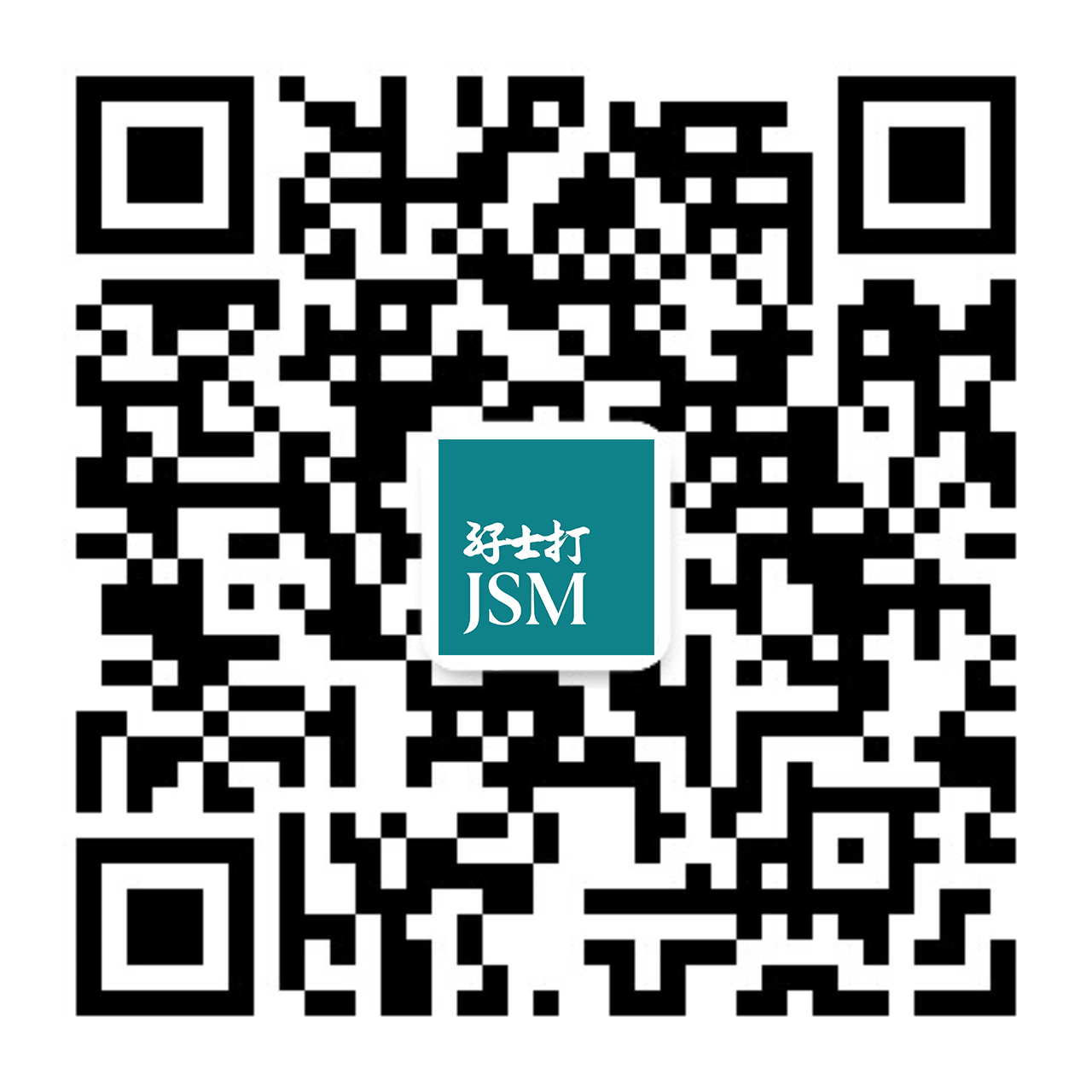Tanglau International Arbitration newsletter: Second issue
We are delighted to present the second issue of the Tanglau International Arbitration newsletter, continuing our commitment to delivering timely insights into key developments shaping the arbitration landscape in Hong Kong, Mainland China, and beyond.
This edition covers the period from April to June 2025, spotlighting recent judgments from Hong Kong, Mainland China, Singapore and the UK that underscore evolving judicial attitudes toward granting injunction and interim reliefs, setting aside arbitral awards on natural justice and determining what constitutes apparent bias.
In addition to case law analysis, this issue reflects on industry trends and legislative updates. Whether you are a seasoned practitioner or new to the field, we hope this newsletter continues to be your go-to resource for arbitration news and perspectives.
Notable Hong Kong cases | Mainland arbitration updates | Overseas jurisdictions observations

| Hong Kong court continues worldwide Mareva injunction and grants interim receivership for enforcing arbitral awards
周惠明 (Zhou Hui Ming) v 挪信新能源科技 (南通) 有限公司 (Noxin) & Anor [2025] HKCFI 1503 29 April 2025 Summary: The applicant previously secured from the Hong Kong Court of First Instance (HKCFI) (i) leave to enforce four Shanghai Arbitration Commission arbitral awards, (ii) a worldwide Mareva injunction freezing assets of the respondents and a third party (Sun’s Parties); and (iii) disclosure orders requiring the Sun’s Parties to reveal the status of their assets. Subsequently, upon the applicant’s latest application, the court found a real risk of asset dissipation, considering the Sun’s Parties’ deliberate failure to comply with statutory and court-ordered disclosure obligations. As such, the court not only continued the Mareva injunction. It also further held that given the inadequate disclosure, the Mareva injunction was insufficient to preserve the Sun’s Parties’ assets for enforcement and ordered immediate appointment of interim receivers over those assets. Takeaway: The Hong Kong court demonstrated its readiness and ability to grant interim receiverships and worldwide Mareva injunctions to freeze and preserve assets, thereby facilitating enforcement of arbitral awards. This once again highlights Hong Kong court’s pro-enforcement stance towards arbitral awards – and readiness to infer real risk of dissipation from a respondent’s lack of transparency in disclosure. |
| Hong Kong Court of First Instance grants limited anti-arbitration injunction over previously arbitrated matter
李凤欣 and another v Harvest Trade investments Ltd [2025] HKCFI 2004 16 May 2025 Summary: The plaintiffs sought an anti-arbitration injunction to restrain the defendant from pursuing arbitral proceedings at CIETAC Hong Kong Arbitration Center, contending that an arbitration clause in the underlying share purchase agreement was invalid and improperly invoked, rendering the arbitration itself vexatious. As a general principle, the Hong Kong Court of First Instance (HKCFI) recognised that its power to grant anti-arbitration injunctions must be exercised with great caution – and only in circumstances shown to be wholly exceptional. Applying this high standard, the court held that most of the plaintiffs’ objections involved jurisdictional issues, which should be determined in the first instance by the arbitral tribunal. That said, noting that the defendant’s claim for RMB 100 million in liquidated damages had already been conclusively rejected in a prior Beijing arbitration, the court considered this particular claim to be vexatious and abusive. Accordingly, a limited injunction was granted only in respect of this claim for liquidated damages. Takeaway: This case provides clear guidance on the limited circumstances in which an anti-arbitration injunction may be granted, recognising the power of an arbitrator to determine his or her own jurisdiction. |

| Beijing Arbitration Commission and Beijing International Arbitration Center introduce new Mediation-Arbitration Expedited Rules
15 April 2025 Summary: The Beijing Arbitration Commission and Beijing International Arbitration Center (BAC/BIAC) introduced new Mediation-Arbitration Expedited Rules (“Expedited Rules”) taking immediate effect. Under the Expedited Rules:
Takeaway: The Expedited Rules enhance efficiency in dispute resolution by encouraging mediation, significantly reducing costs and streamlining procedures. This offers a faster, more economical route to resolving complex commercial conflicts. A full version of the Expedited Rules can be found here. |
| Industry dynamics – SHIAC introduces AI-assisted arbitration system
15 April 2025 Summary: The Shanghai International Arbitration Center (SHIAC) has introduced an AI-assisted arbitration system designed to assist administration of arbitral proceedings in line with its procedural requirements. Leveraging large language models and natural language processing, the system extracts and organises key procedural details, legal arguments and evidence for arbitral submissions. This significantly reduces time required for preparing arbitral awards while maintaining accuracy and compliance with SHIAC’s procedural standards. Takeaway: SHIAC’s AI-assisted arbitration system is a powerful tool to enhance efficiency, accuracy and consistency in case management, while ensuring that technological innovation remains aligned with professional standards. SHIAC’s adoption of the system marks a significant advancement in legal technology, setting a precedent for future innovations and reflecting a broader trend towards intelligent automation. Link to SHIAC news: 智慧赋能助审裁:上海国际仲裁中心AI辅助仲裁系统正式上线 |
| Industry dynamics – Draft regulations on establishing Beijing International Commercial Arbitration Center submitted for second reading
30 May 2025 Summary: Draft regulations on establishing Beijing International Commercial Arbitration Center were submitted for second reading at the 17th meeting of the Standing Committee of the 16th Beijing Municipal People’s Congress. They set out plans to establish an international commercial arbitration service platform in Beijing, featuring:
Takeaway:These plans represent a significant step towards developing a comprehensive international arbitration hub in Beijing. By establishing a unified service platform, centralised jurisdiction and professionalised support roles, the draft aims to enhance procedural efficiency and foster global cooperation in commercial arbitration. |
| Industry dynamics – SHIAC publishes trial guidelines on improving procedural efficiency through early determination
1 June 2025 Summary: Shanghai International Arbitration Centre (SHIAC) has implemented its “Guidelines on the Use of Early Determination to Improve Efficiency (for Trial Implementation)”. While only applicable to foreign-related cases during the trial implementation, the guidelines allow early determination of claims or requests which manifestly fall outside the tribunal’s jurisdiction, obviously lack legal basis or cannot be supported by the tribunal even if the factual assertions are valid. They also emphasise procedural fairness and efficiency by requiring both parties to be given a reasonable opportunity to be heard and limiting the tribunal’s available time to make its decision. Beyond these requirements, tribunals retain discretion over the form of such early determination, depending on the circumstances of each case. Takeaway: SHIAC’s new guidelines empower tribunals to make early determination to dismiss clearly unmeritorious claims or counterclaims at an early stage, streamlining proceedings while safeguarding parties’ right to be heard. |
| Industry dynamics – SCIA publishes new fee schedules for arbitration fees and costs
29 June 2025 Summary: The Shenzhen Court of International Arbitration (SCIA) has revised its Schedule of Fees and Costs of Arbitration, which now apply to all cases accepted on or after 1 July 2025. Notable updated changes include:
Takeaway: SCIA’s new schedules promote cost efficiency and transparency, diversify fee options and encourage alternative dispute resolution procedures such as mediation. This marks a welcome development that signals promising potential for the growth of arbitration in Shenzhen. |

| Commercial Court declines injunction relief and clarifies scope of arbitral confidentiality
A Corporation v Firm B & Anor [2025] EWHC 1092 (Comm) 8 May 2025 Summary: At the England & Wales High Court (Mercantile Court), a claimant sought, amongst other things, interim injunctive relief to restrain the first defendant (“Firm B”, a law firm) from representing Firm C in an arbitration against Firm D, which shared the same ultimate ownership as the claimant and related disclosures. The claimant’s application was made on the basis that the first defendant had misused information obtained while acting for Firm B in a previous arbitration against the claimant, in breach of its duty of arbitral confidentiality. In refusing the application, the court highlighted that:
Takeaway: Parties and their legal representatives should carefully assess each piece of potentially confidential information and consider whether it falls within the scope of arbitral confidentiality. Whilst legal professionals may rely on their experience from conducting prior arbitrations, they should not use information derived from them. |
| Singapore High Court partially sets aside arbitral award for breach of fair hearing rule
DOM v DON [2025] SGHC 103 28 May 2025 Summary: Singapore High Court partially set aside an arbitral award based on alleged breaches of natural justice. The applicant, a contractor in a construction dispute, sought to set aside nine portions of the award which required bearing 50% of the fees for certain consultants appointed by the respondent. The court ultimately set aside one portion of the award involving shared fees for a project manager – despite the tribunal having repeatedly acknowledged that the appointment was unnecessary. It found the tribunal awarded the 50% discount arbitrarily, without first giving the parties an opportunity to address the issue. As a result, the tribunal’s chain of reasoning constituted a breach of the fair hearing rule. Accordingly, the decision was in breach of natural justice and that portion of the award was set aside. The application to set aside other portions of the award was dismissed. Takeaway: This case reaffirms that while the court will only set aside arbitral awards in limited circumstances, it would be prepared to do so where there is a clear and compelling breach of natural justice. Arbitrators are expected to uphold procedural fairness and transparency, ensuring their decisions are sufficiently connected to the parties’ submissions. |
| High Court dismisses apparent bias allegations in London maritime arbitration
V & N v K [2025] EWHC 1423 (Comm) 19 June 2025 Summary: At the England & Wales High Court (Mercantile Court), claimants challenged a partial final award in an arbitration under the London Maritime Arbitrators Association (LMAA) rules, on the basis that one arbitrator (out of three in this case) failed to disclose previous appointments in unrelated arbitrations by the defendant’s solicitors, constituting apparent bias. When assessing apparent bias, the ed whether a fair-minded and informed observer would conclude there was a real possibility of bias (Halliburton v Chubb [2021] AC 1083). As expressly stated in the LMAA Advice on Ethics, it is common practice for the same arbitrators to preside over multiple arbitrations — sometimes arising from the same underlying events — in specialist fields such as maritime law. The court considered that parties who submit their disputes to LMAA rules are deemed to have agreed to this practice, and that disclosure of multiple appointments is not required. Since there were no additional factors that could give rise to apparent bias, the court dismissed the claim, while also noting that the claimants had engaged in opportunistic and tactical conduct aimed to derail the arbitration process. Takeaway: The court will not entertain opportunistic and tactical challenges to an arbitral award, in the absence of compelling evidence demonstrating actual or apparent bias. When genuine concerns about bias arise, the challenging party must raise the issue without delay, rather than waiting until an award is published. |
Contact(s)
Related content
Hong Kong court refuses application for anti-suit injunction restraining Cayman Islands winding-up petition
What directors should know about HKEX disciplinary trends?
Related capabilities
Subscribe
Follow our insights













